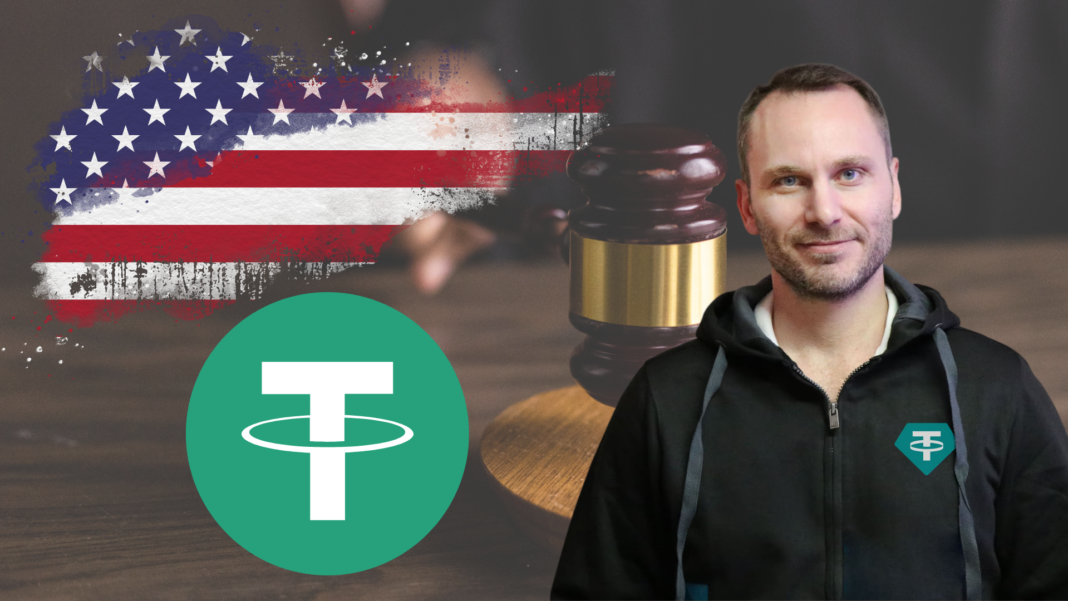Paolo Ardoino, CEO of Tether, declared on Friday that the firm would remain in the U.S. market despite looming bans on its USDT token. Tether is a major stablecoin issuer based in El Salvador and operates on a global scale.
New U.S. laws will significantly affect foreign stablecoin issuers this year and change market rules. Ardoino said the company would adjust its products to meet new regulations. His remarks were made during a discussion with a leading financial news outlet.
Regulatory Changes Spark Industry Debate
U.S. lawmakers plan to introduce strict measures for stablecoins in the coming months. These measures require issuers to hold tokens fully backed by U.S. Treasury bonds.
Brian Armstrong of Coinbase has warned that such rules may hurt offshore issuers. Armstrong believed that tighter laws would improve security and transparency in markets.
Tether’s Adaptation Strategy
Ardoino stated that Tether would not exit the U.S. even if USDT faces a ban. The company is ready to create a U.S.-domiciled stablecoin to comply with new laws.
Ardoino clearly noted that two distinct products are needed with different value promises. He argued that USDT works best for emerging markets and global remittances. He expressed optimism that USDT would stay listed on U.S. secondary markets.
Also Read: Tether Burns $1B In Largest Ever USDT Reduction, Potential Bitcoin Market Bloodbath Ahead?
Compliance and Audit Efforts
Tether claims it has the highest level of compliance among its industry peers. The company is in talks with several Big Four accounting firms for a full audit.
These accounting firms remain cautious in engaging with the new stablecoin market. The SEC clarified that certain stablecoins do not qualify as securities under its rules.
The agency defined covered stablecoins as tokens redeemable one-for-one with the U.S. dollar and backed by low-risk, liquid assets.
Market Reactions and Global Impact
New regulations have already impacted Tether in some markets around the world. Binance removed USDT from its European sites due to the new EU rules. Crypto.com suspended USDT and nine other tokens in Europe following MiCA regulation.
New regulations aim to protect consumers and significantly improve the stablecoin market environment. Several markets are now watching Tether closely as lawmakers shape the digital currency landscape.
The Future Outlook
Tether remains determined to adjust to the changing regulatory scene and support its global users. The company stays focused on its mission to provide stable, reliable digital payments for emerging markets.
Industry experts believe that Tether’s flexible approach will help it meet future challenges head-on. Tether’s actions may set an example for other stablecoin issuers around the world.


